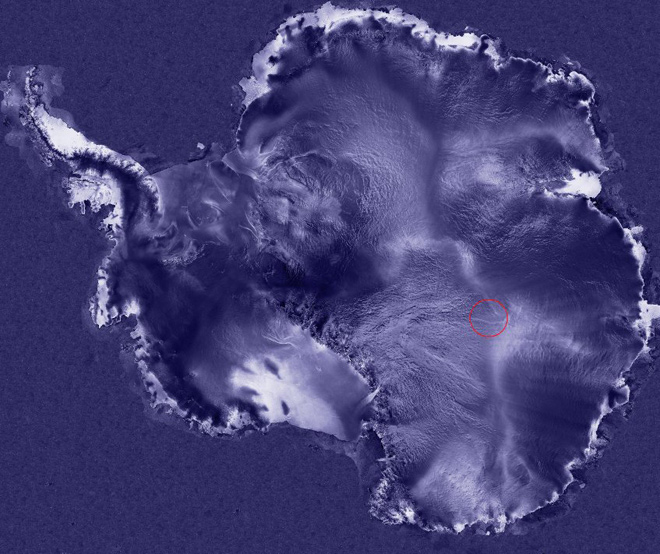New year, new science
January 4, 2012 | Source: Nature News
Nature looks ahead to the key findings and events that may emerge in 2012:
- NASA’s car-sized rover, Curiosity, is set to arrive on Mars in August to study its watery past.
- Six visionary research proposals will vie for huge grants from the European Commission’s Future and Emerging Technologies Flagship scheme for studies of graphene, robot companions for the lonely, planetary-scale modelling of human activities and their environmental impact, autonomous energy-scavenging sensors, ways to apply research data more efficiently in health care, and supercomputer simulation of the brain.
- The Large Hadron Collider will gather enough data this year to either confirm or rule out the existence of the simplest form of the Higgs boson.
- Junk DNA sequences will be decoded.
- Two monoclonal antibodies to treat Alzheimer’s disease — solanezumab and bapineuzumab — would be a big hit if they reported positive results from phase III trials in 2012.
- Russian researchers hope to finish drilling through Antarctica’s ice sheet to reach Lake Vostok, a huge freshwater lake roughly 3,750 meters beneath the surface.
- South Africa and Australia will find out by March which of them might host the $2.1-billion Square Kilometer Array (SKA), which would be the world’s largest radio telescope if it is built.
- SpaceX hopes to be the first commercial firm to fly an unmanned cargo craft to the International Space Station in February — a milestone in private spaceflight.
- Synthetic biologists can build entire genomes from scratch, working from natural models, and they can also rewire the genetic circuitry of living things. Might 2012 see the first really useful artificial genome?
